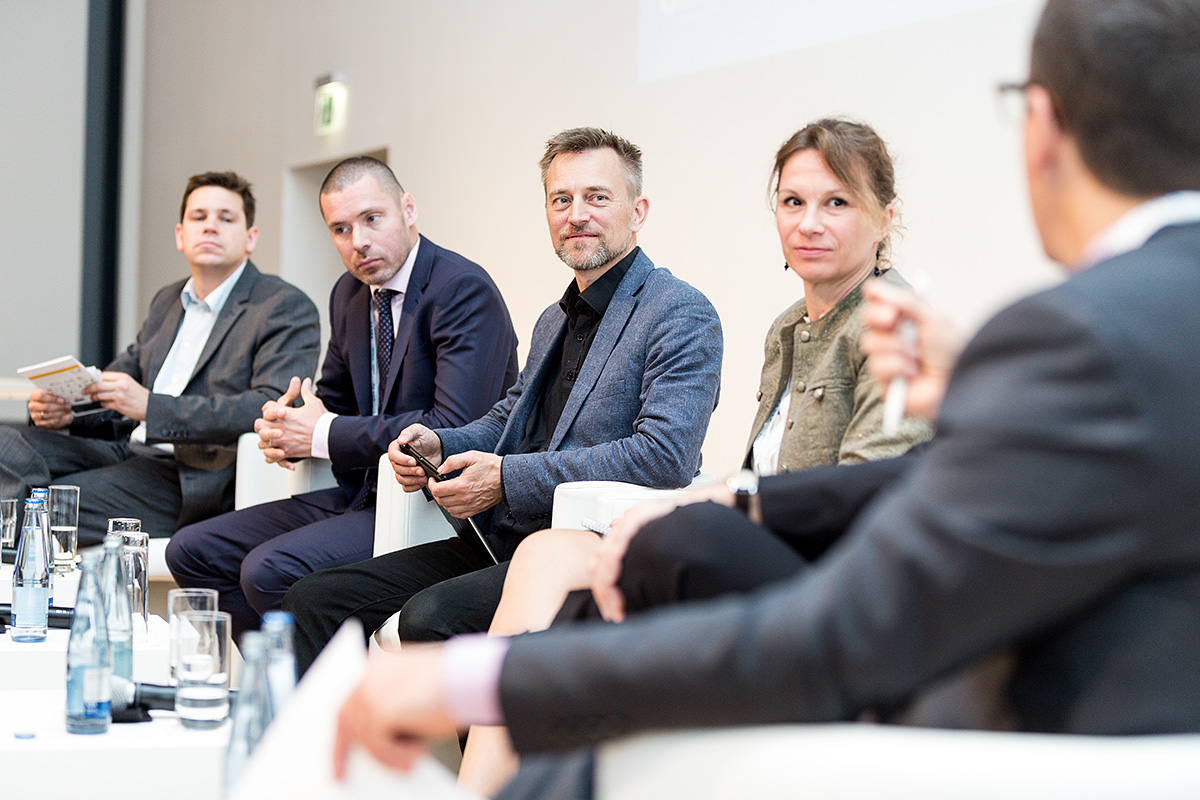30 September 2016
WindEurope Summit 2016: powering the transport and heating sectors with wind energy

Strengthening markets for wind energy includes looking beyond the current power system. To secure a continuous and sustainable deployment of wind energy, new sources of demand for clean electricity will be crucially needed. Sector coupling is the key word in this discussion. Heating and transport represent the largest shares of energy demand across Europe. In order to fulfil the EU’s climate and energy goals, these sectors need to find solutions for decarbonisation. The good news is that an increasing number of motor manufacturers are rapidly developing electric vehicles. And that technologies for renewable heating are readily available.
The electrification of these sectors will increase power demand and direct new investments into renewable technologies such as wind energy. It will allow for greater flexibility in our power system and could increase the range of storage options. Synergies across the entire energy system need to be identified to maximise the cost-efficient decarbonisation and modernisation of Europe’s economy.
But the question is how to do all this? Does the EU have an answer? The European Commission has had its say as it published strategies on the decarbonisation of both the transport and the heating sector. Delegates at the WindEurope Summit 2016 convened in a dedicated session on sector coupling to discuss the road ahead for combining renewable power and the uptake of electric vehicles and an increased use of renewable heating.
Jelena Simjanović, Energy Director at Transport & Environment, said the challenge in the transport sector is enormous. In comparison, the decarbonisation of the power sector only is relatively easy, she said. She also highlighted the importance of removing barriers for consumers to buy electric vehicles.
Kåre Albrechtsen, Head of Sustainable Mobility Section at the Capital Region of Denmark, outlined some of the activities that are undertaken to increase the use of electric vehicles in Copenhagen. Local government has an important role to play as it can provide political incentives and create partnerships with the private sector, he said.
The electrification of these sectors is not only compelling from the climate action points of view, but also for energy security and air quality in urban areas, said Daniele Agostini, Head of Low Carbon Policies and Carbon Regulation at Enel. He stressed that disruption will drive innovation and the development of smart grids.
Paul Voss, Managing Director at Euro Heat and Power, said he was positive about the fact different sectors start to talk to each other about combining sectors in the energy system in order to realise decarbonisation. He underlined the need for price signals in the heating market, which are necessary to make households move from gas to heat pumps or other technologies.
Matthias Buck, Head of EU Energy Policy at Agora Energiewende, stressed in conclusion that the environmental aspects of electrifying other sectors should not be overlooked. He said the full decarbonisation of the power sector is key when demand for electricity is going up. He also mentioned the need to develop smart infrastructure and the need for financial incentives to drive electrification and sector coupling.
The electrification of other sectors is important for the economical use of renewables that cannot be fed into the grid, said Robert Brandt, Project Leader System Transformation at the German Renewable Energy Federation. The creation of interfaces between different sectors and innovative power-to-x solutions were essential to avoid curtailment of renewable energy, he said.
Panelists stressed that the role of Distribution System Operators in building networks that can accommodate the charging infrastructure should not be overlooked. And that innovation, pilot projects and learning from errors need to be at the heart of this transition. A transition that would create an unique opportunity for the EU to simultaneously decarbonise other sectors, create new economic growth and support industrial innovation.

